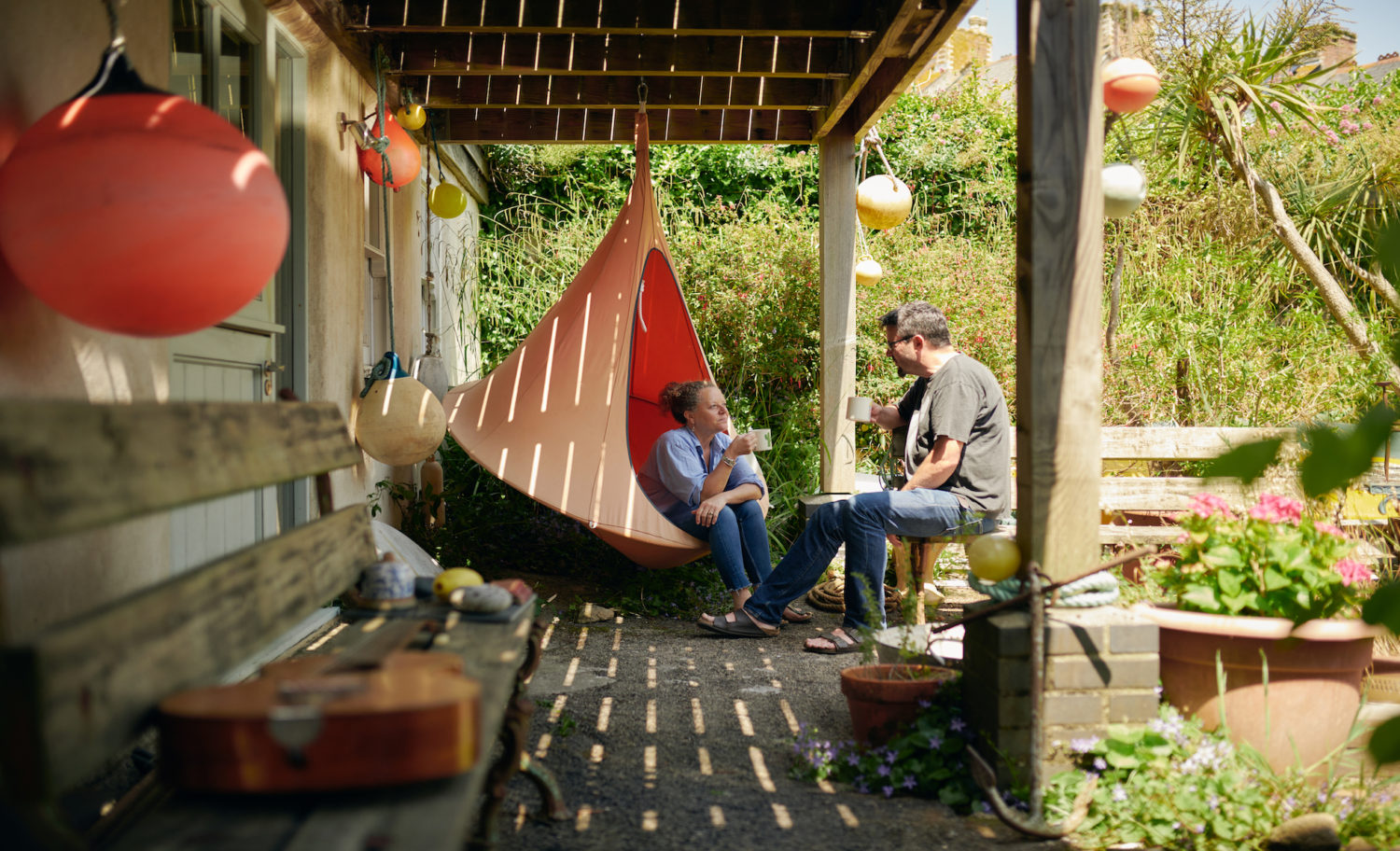Playing our part
Communities must be at the heart of the tourism recovery, writes Amanda Cupples
Britain’s tourism industry has shown incredible resilience in the wake of the Covid-19 pandemic. But we must not forget that communities up and down the country which rely on tourism were disproportionately hit by the crisis and its impact will be long-lasting.
During 2020 and a significant portion of 2021, towns, cities, villages, rural communities and coastal resorts all came to a standstill. When travel was stopped by the lockdowns over the last two years, the UK’s tourism industry shrank by about two-thirds. This cost the UK economy £58bn, according to VisitBritain, and the consequences for communities reliant on tourism in lost jobs and livelihoods will be long-lasting.
But the easing of restrictions in the second half of 2021 has seen the tide begin to turn. Earlier this year, millions of Brits chose to enjoy a Great British Summer at home, visiting seaside towns like Sandgate in Kent, which became the top trending coastal destination in the UK on Airbnb. Nearby travel made up 82 per cent of nights booked on Airbnb in the first half of 2021, while rural travel accounted for 48 per cent of nights in summer 2021, up from 23 per cent in summer 2019.
As the country and our tourism industry continues this recovery, we want to see everything done to protect the livelihoods of accommodation providers and hosts who need the additional income that welcoming guests can offer, whilst also balancing the needs of local communities.
In addition, we are committed to focusing on the country’s urban recovery and the need to attract visitors to the UK’s great cities, which have suffered from major tourism shortfalls throughout 2021.
The short-term letting industry generates significant economic benefits for local communities and helps to spread the benefits of tourism. It is easy for anyone to host and generate income from renting their space. On Airbnb most Hosts keep the majority of what they charge to let their space, meaning the majority of earnings generated by travel on the platform stays with Hosts and their communities.
According to research by Oxford Economics in 2019, before the pandemic began, spending by guests on Airbnb supported tens of thousands of jobs across the UK, with estimates including over 22,500 in London, nearly 2,000 in Manchester and over 1,000 each in Bristol and Brighton.
Outside of the popular UK hubs like London and Manchester, we are committed to doing more to encourage tourists to visit less well-known parts of the UK, playing our part in supporting regions of the country which need economic support to recover.
Giving people the opportunity to stay outside of tourist hotspots – and shop, eat and drink in local shops, bars and restaurants they might otherwise have missed – helps to disperse tourism, creating new economic opportunities for rural areas.
Airbnb wants to help rebalance travel, seeking to avoid guests concentrating in the same handful of popular destinations. We will continue partnering with destination marketing organisations to promote and disperse tourism to the places that most want it, spreading benefits to areas of the UK that need it the most.
While the return of domestic travel has been welcome, we also recognise that it has brought challenges – particularly in some of the more popular destinations across the country. That is why we’ve worked hard to support local authorities and communities to ensure the responsible recovery of tourism.
This year we offered local authorities, politicians and tourism organisations access to Airbnb’s City Portal, providing them with tools and locally-specific data to give them insights into short-term letting activity in their area.
But we want to go further. In June, we launched our short-term lets registration white paper, setting out proposals for a simple, new national registration system for short term let properties in the UK.
A registration system would give greater transparency over short-term letting activity across the country, giving local authorities greater visibility on short-term letting activity in their area, including helping to identify those who are breaking the rules.
We will continue to work with politicians from all parties as England and Wales take forward their plans for a registration system that we firmly believe will benefit communities, guests and the hosts that welcome them.
The pandemic changed the way people view travel and the tourism industry will take time to recover. However, there is a huge opportunity to revitalise this country’s tourism industry over the coming months and years, supporting not only our world-famous cities, but also parts of the UK desperately in need of an economic boost following two incredibly difficult years.
Now we can seize the opportunity to preserve the positive changes in travel that have emerged over the last year – and restore tourism in a way that works for communities and visitors alike.
This blog is part of our series, Holidays and Hope. Read more about the project here.
Image credit: Airbnb

